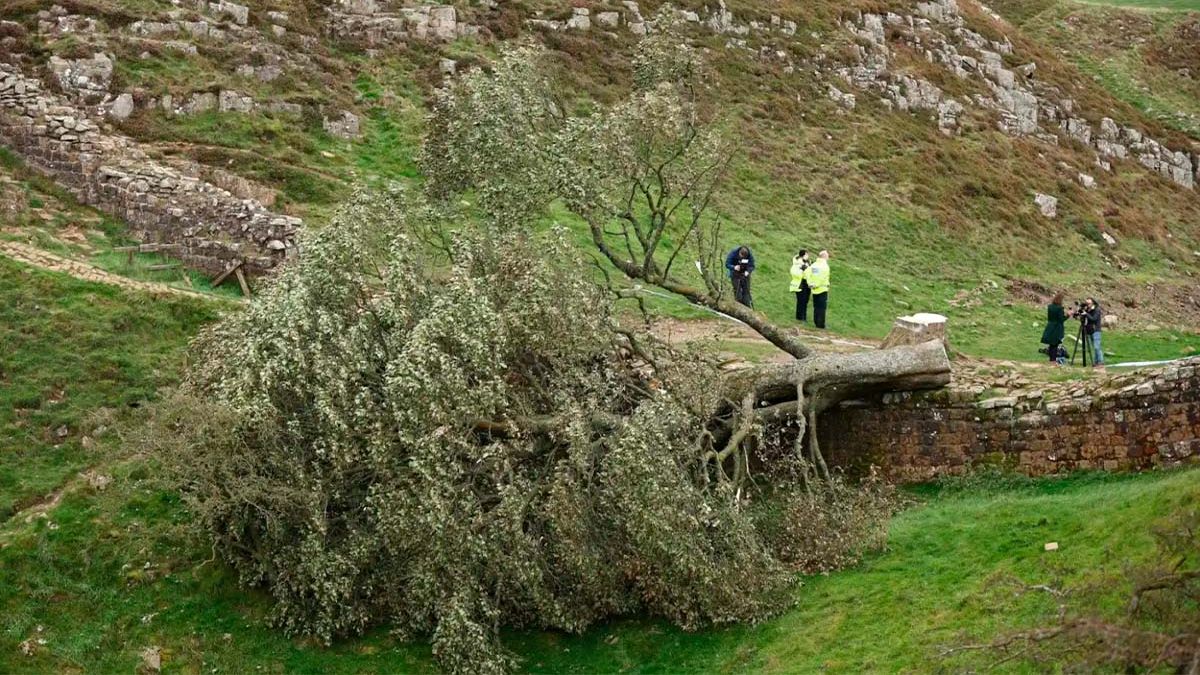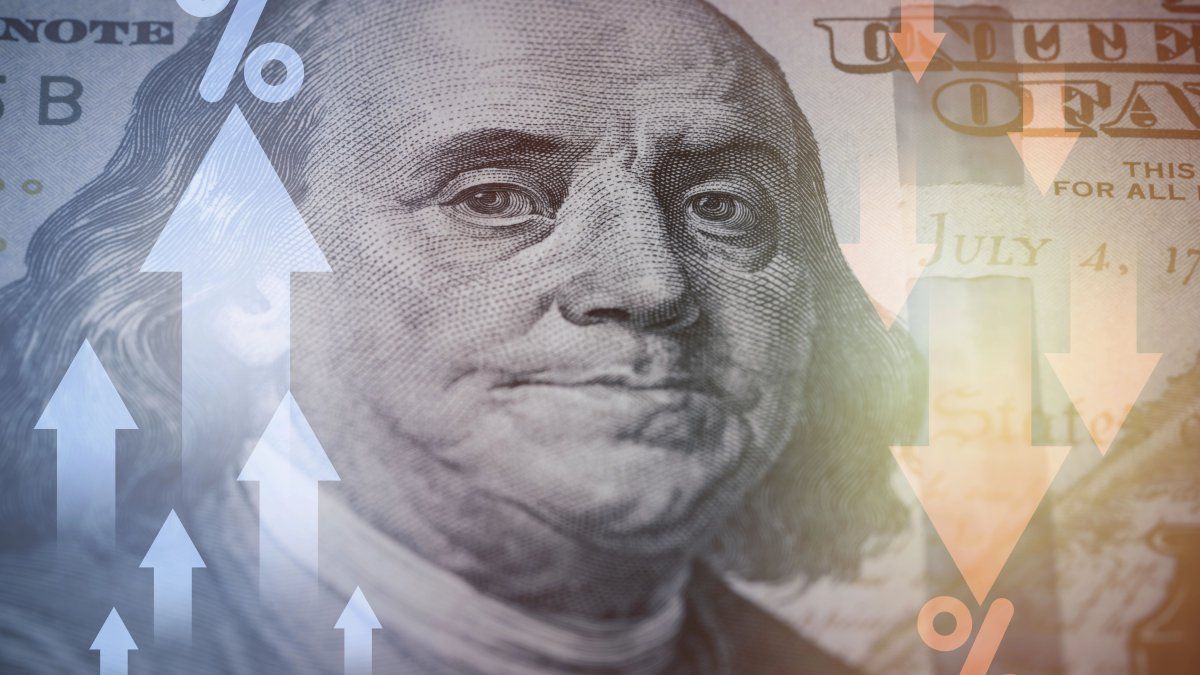There have been riots in the South Sea paradise of New Caledonia for days – and now the first fatalities. Is there a threat of civil war in France’s overseas territory?
Violent unrest in the French overseas territory of New Caledonia has been causing great concern in Paris for days. Now at least two people died in riots by independence supporters on Wednesday night, local media quoted the archipelago’s high commissioner, Louis Le Franc, as saying. “It’s a miracle there weren’t more casualties last night,” the diplomatic official said, warning of a possible civil war in the South Pacific archipelago.
One of the victims was killed by a bullet. But this did not come from a police officer’s weapon, emphasized France’s Interior Minister Gérald Darmanin. He spoke of attacks on security forces with axes and live ammunition. According to reports, several hundred people were injured. “There must be no violence in a democracy. There must be absolute calm,” warned the minister. High Commissioner Le Franc said that if this call was not heeded, he would see “dark hours approaching New Caledonia.” If necessary, he would call the military for help.
Tropical paradise on fire
The images that are currently going around the world don’t really fit in with a South Seas paradise. Buildings and cars have been set on fire again and again since Monday. According to media reports, there is acrid smoke in the air over the capital Nouméa. There is looting and clashes with the police, barricades are erected and curfews are imposed – but many demonstrators ignore these. Long queues are already forming in front of shops because many are afraid of supply shortages. Numerous gas stations are already closed.
What is it about? The separatists are angry about a planned constitutional reform by the government in Paris that would give the right to vote to thousands of French-born voters who have lived continuously in New Caledonia for more than a decade. This would give them more political influence – especially in important provincial elections. Until now, the votes of all residents who did not live in New Caledonia before 1998 were “frozen”.
After the Senate, the National Assembly in Paris also adopted the controversial text on Wednesday night. Now the Congrès du Parlement, which is convened for special occasions at the Palace of Versailles, still has to give its approval. However, a date for the vote has not yet been set.
Macron calls an emergency meeting
The curfew, which has been in effect in the island state since Monday, has now been extended until Thursday morning. The main airport, La Tontouta, schools and public facilities remain closed until further notice.
French President Emmanuel Macron called an emergency meeting of the National Defense and Security Council. Several MPs called for a state of emergency to be declared. Two New Caledonian parliamentarians described the situation as “dramatic” and addressed Macron directly: “Mr. President, it is a critical moment and only you can save New Caledonia.” Many residents have already lost everything and another night full of danger lies ahead.
New Caledonia is located about 1,500 kilometers east of Australia and is geographically part of Melanesia. The main island of Grande Terre is by far the largest island in the archipelago. From 1853 to 1946 “Nouvelle-Calédonie” was a French colony. For Paris, the territory is particularly important geopolitically, militarily and because of the nickel deposits there.
Indigenous people demand independence
As part of decolonization, it was agreed to hold up to three referendums on independence, which took place in 2018, 2020 and 2021. In all three surveys, a majority of the population was in favor of remaining with France. However, the independence movement boycotted the final vote and announced that it would not accept the result. The Kanak population in particular – New Caledonia’s indigenous people who call their country “Kanaky” – have long been hoping for their own state.
The archipelago with around 270,000 inhabitants had already achieved extensive autonomy through the Nouméa Agreement in 1998. Since the last vote, however, the fronts have hardened. Macron has now invited all political representatives to a meeting in Paris led by Prime Minister Gabriel Attal. The talks are expected to take place at the end of May.
Report franceinfo Tweet AFP Report Le Parisien Darmanin on RTL Live ticker on 1ère Nouvelle-Calédonie Report France24 website La Tontouta Airport
Source: Stern
I have been working in the news industry for over 6 years, first as a reporter and now as an editor. I have covered politics extensively, and my work has appeared in major newspapers and online news outlets around the world. In addition to my writing, I also contribute regularly to 24 Hours World.




